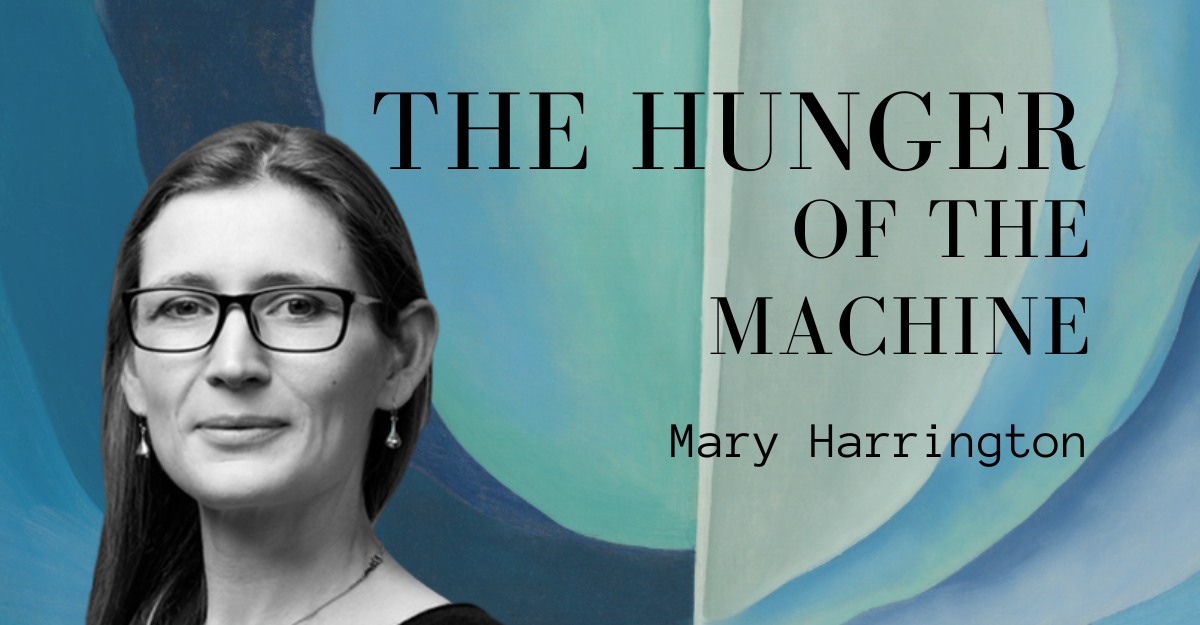This essay is part of a symposium. Click here to read the other essays in this collection.
Erika Bachiochi’s recent essay on “Sex-Realist Feminism” sets out the narrative of material, legal, and cultural changes that, from the beginning of the industrial era, transformed women’s lives so radically as to prompt the response we now know, in aggregate, as “feminism.” As she outlines, this movement set out to address the many ways in which settled norms for negotiating sex asymmetry and family life had been thrown out of balance, particularly by the divergence of economic work and domestic life that followed from industrialisation.
As I’ve outlined in Feminism Against Progress, in an argument deeply indebted to Bachiochi’s work, this response took two characteristic forms: a feminism of care that made the case for the now often-maligned domestic domain as valuable despite being illegible to “market society,” and a feminism of freedom that called for women’s entry to the market on the same terms as men. But we no longer live in that era. We’re half a century into a new era, in which the dialogue between these feminisms of care and freedom was settled conclusively in favour of freedom by the legalisation of abortion.
The legalisation of abortion represented the strongest imaginable statement in favour of personal autonomy over unchosen obligations to a dependent other, in situations where (as is sometimes the case) these human goods come to be in zero-sum competition. This triumph of the feminism of freedom ended the rich back-and-forth of industrial-era feminist efforts to balance care and autonomy. Instead, this gave way to a pitiless doctrine that situates the highest good for de-sexed “humans” in the pursuit of complete emancipation from all the givens of our embodied existence.
This ideology travels under the sign of feminism but is more accurately described as “bio-libertarianism.” It begins from the premise that we can and should use every technological means at our disposal to master and, where desired, reconfigure our embodied selves, in service to a “person” conceived of as wholly separable from and superior to that flesh. And it comes with many upsides, especially of freedom from given limits—albeit a freedom most available at the top end of the social hierarchy.
But alongside this dividend of freedom, and inextricably from that dividend, bio-libertarianism enables a steady incursion of the market ever further into our bodies, and into our relationships: especially relations between the sexes, relations between mothers and babies, and between each of us and our own bodies. And while this new paradigm entrenched itself initially under the sign of women’s autonomy, it has not stopped there. Bio-libertarianism, now routinely conflated with “progress” in the broadest sense, serves as the moral vanguard for a raft of emerging industries that see our bodies and souls as the next frontier for entrepreneurship and profit, from Big Fertility to social media and the now-endemic empire of on-tap digital pornography.
Taken together, these industries seek to dismantle every aspect of our nature in the name of freedom. They succeed only in re-ordering that nature to the market, as supply and demand problems driven by profit. Sex-realist feminists don’t all agree on every particular of every argument. It is a ragged caucus, drawn from groups as disparate as radical feminism, religious witness, paleo-conservatism and the labour movement. There are a great many internal disagreements. But we have in common a sense that this cannot hold—that the status quo is increasingly obviously anti-women, antisocial, and inimical to our common flourishing.
Those who would re-ground the women’s movement in our embodied, sexually dimorphic nature stand athwart the path of this already ascendant juggernaut, saying: no. We are not bodiless homunculi piloting meat suits we’re entitled to upgrade at will. We are our bodies. We will not be displaced: we will occupy ourselves.
We stand in defence of women’s embodied, sex-specific realities in the battlegrounds of policy and culture. We stand in defence of unified human flesh and human consciousness, against those who would dispossess us of our flesh in the name of consciousness. In short, we stand in defence not just of women but of men and women together: in defence of the human, against the blind hunger of the machine.



